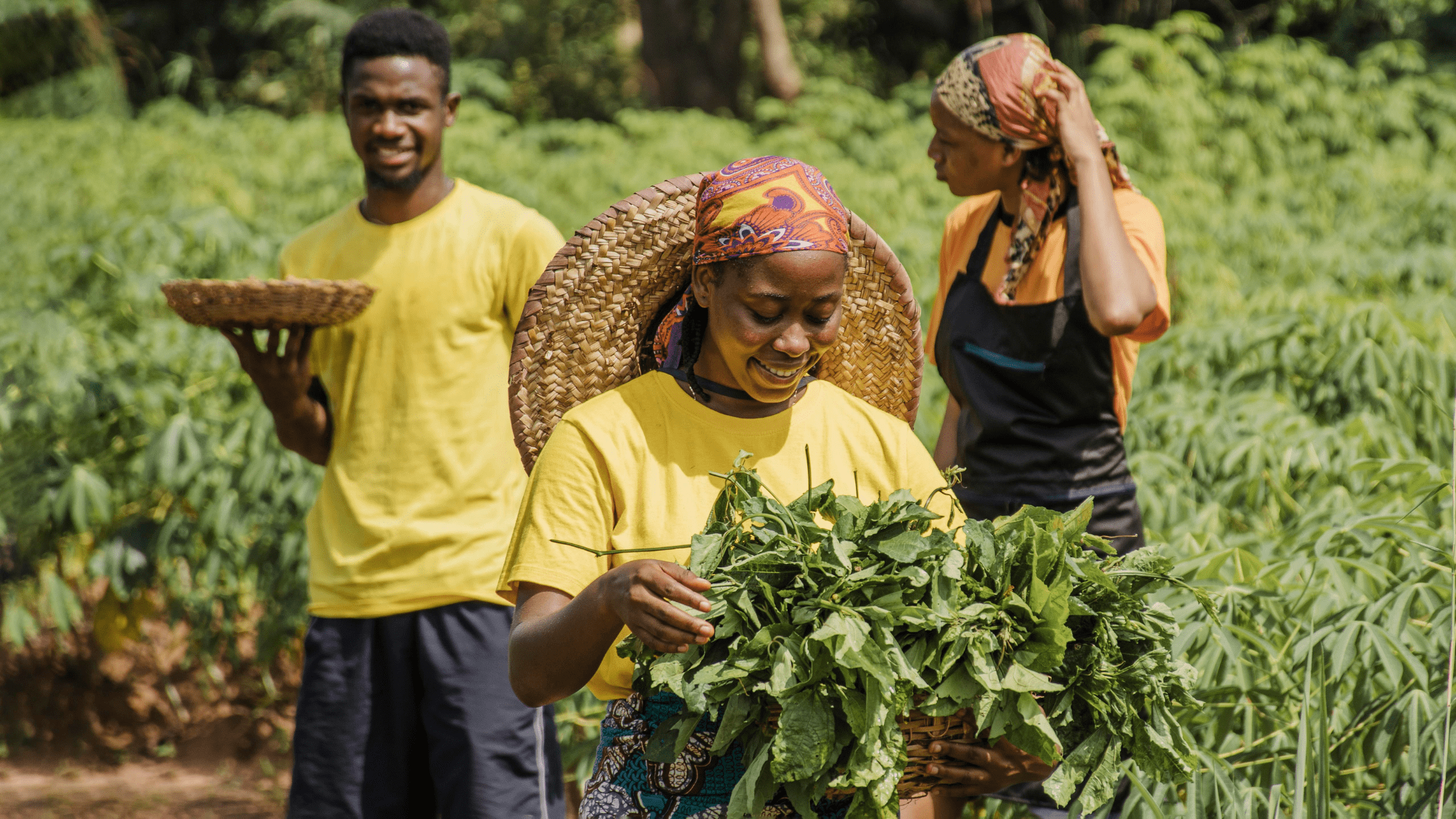
Across the African continent, nations are intensifying their efforts to meet the United Nations’ Sustainable Development Goals (SDGs) by 2030. These ambitious goals, which include universal access to clean water and sanitation, affordable and clean energy, and the development of sustainable cities and communities, are at the forefront of the continent’s development agenda.
African governments, in collaboration with international partners, have launched a series of initiatives aimed at aligning their development projects with the principles of environmental sustainability and social equity. From large-scale infrastructure projects to community-driven solutions, these efforts are designed to address some of the continent’s most pressing challenges.
Access to Clean Water and Sanitation
One of the key SDGs is ensuring universal access to clean water and sanitation. In many African countries, water scarcity and inadequate sanitation facilities remain significant challenges. To address this, nations like Kenya, Nigeria, and South Africa are investing in innovative water management systems, including rainwater harvesting and wastewater treatment technologies. These projects are not only aimed at improving access to clean water but also at promoting water conservation and management practices that are sustainable in the long term.
Affordable and Clean Energy
Another critical SDG is the transition to affordable and clean energy. Africa is home to abundant renewable energy resources, including solar, wind, and hydropower. Countries such as Morocco, Egypt, and Ethiopia are leading the way in harnessing these resources to provide affordable and sustainable energy to their populations. The development of large-scale solar farms, wind power projects, and off-grid energy solutions is helping to reduce reliance on fossil fuels and lower greenhouse gas emissions, while also expanding energy access to remote and underserved communities.
Sustainable Cities and Communities
The rapid urbanization in Africa presents both challenges and opportunities for sustainable development. The SDGs call for the creation of sustainable cities and communities that are inclusive, safe, and resilient. In response, African cities like Kigali, Accra, and Nairobi are implementing urban planning strategies that prioritize green spaces, affordable housing, and sustainable transportation systems. These cities are also focusing on reducing waste, improving air quality, and enhancing public services to create more livable urban environments.
Aligning Development with Environmental and Social Goals
Central to Africa’s pursuit of the SDGs is the alignment of development projects with environmental sustainability and social equity. Governments are increasingly recognizing that economic growth must be balanced with the protection of natural resources and the promotion of social inclusion. This has led to the integration of SDG targets into national development plans, with a focus on addressing inequalities and ensuring that the benefits of development are shared by all.
The Road Ahead
While significant progress has been made, the road to achieving the SDGs by 2030 remains challenging. African nations must continue to strengthen their commitment to these goals, with support from the international community. Through innovation, collaboration, and a focus on sustainability, Africa is positioning itself as a leader in the global effort to create a more equitable and sustainable future.
As the 2030 deadline approaches, the continent’s progress towards the SDGs will be closely watched, not only as a measure of Africa’s development but also as a testament to the collective global commitment to building a better world for future generations.
